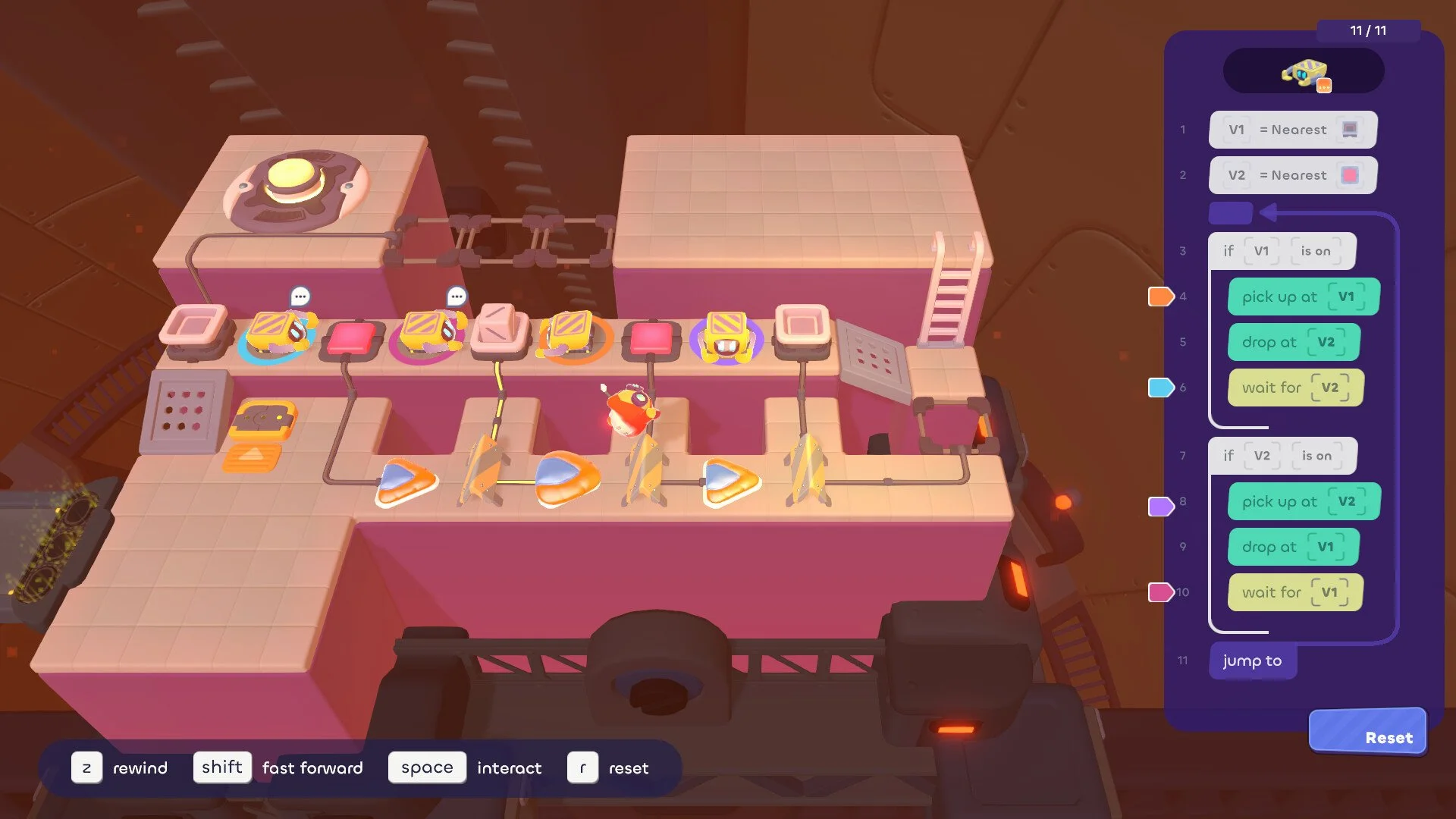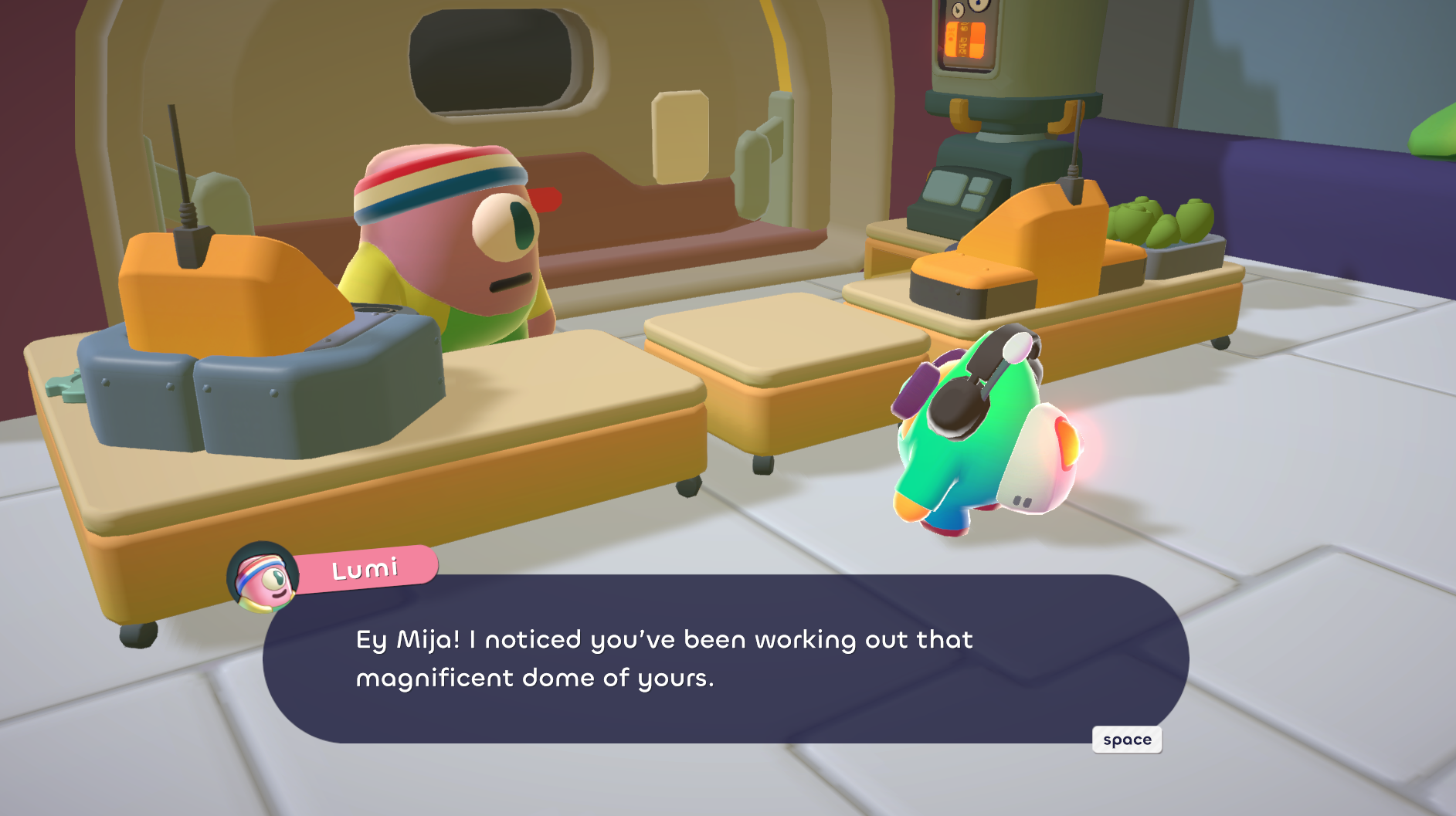How Puzzle Games Improve Computational Thinking
Cognitive skills strengthened by logic-based games
When we think about coding, we often picture syntax, commands, or endless lines of text. But at its core, programming is problem-solving — and puzzle games offer the perfect playground to build that skill.
Enter computational thinking: a way of approaching problems like a programmer. It includes skills like:
Decomposition – breaking big problems into smaller steps
Pattern recognition – spotting similarities to solve faster
Abstraction – filtering out details to focus on what matters
Algorithmic thinking – creating a step-by-step solution
These aren’t just tech skills — they’re life skills.
🎮 Puzzle games like Star Stuff nurture these abilities through hands-on, low-stakes exploration. Players guide bots using code-like logic, experiment with trial and error, and get rewarded for thoughtful iteration — all while having fun.
🔬 What the Research Says
Yasmin Kafai, Professor of Learning Sciences, has long studied how coding games and tinkering environments cultivate computational fluency:
👉 Connected Code: Why Children Need to Learn ProgrammingDr. George Land's famous creativity study found that kids’ problem-solving skills flourish when environments are playful and open-ended:
👉 The Failure of Success | TEDxTucson
These findings align with what we see in classrooms and homes using Star Stuff Edu — learners of all ages light up when they’re solving something that matters to them.
Whether you're a teacher, parent, or lifelong learner, puzzle games aren't just entertainment — they’re brain gyms.



